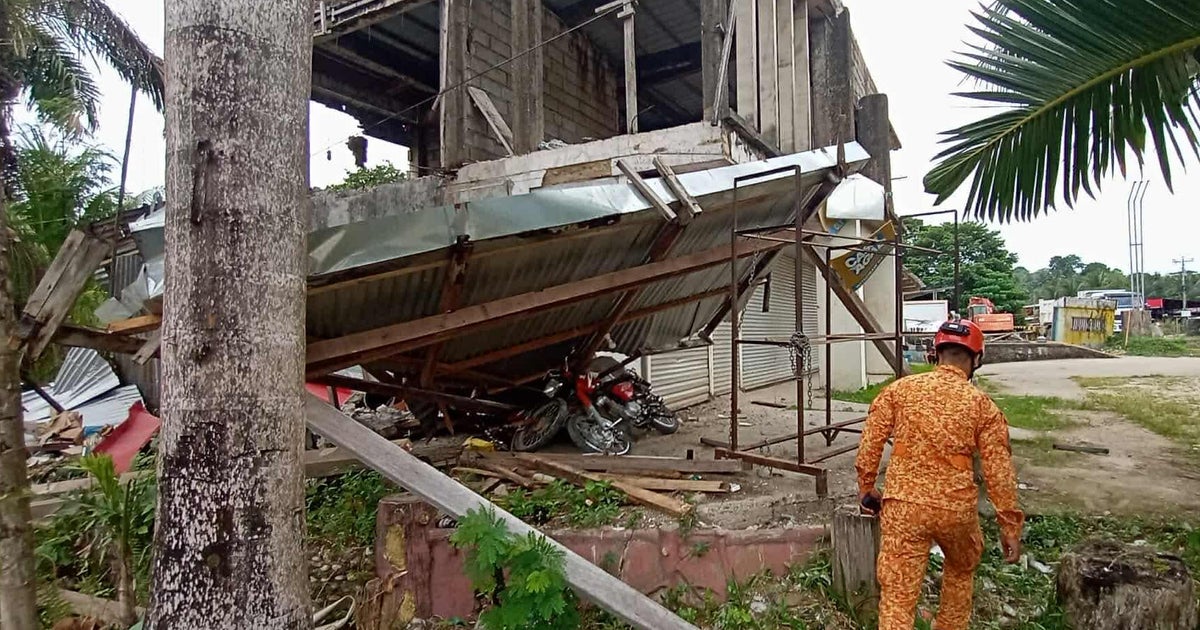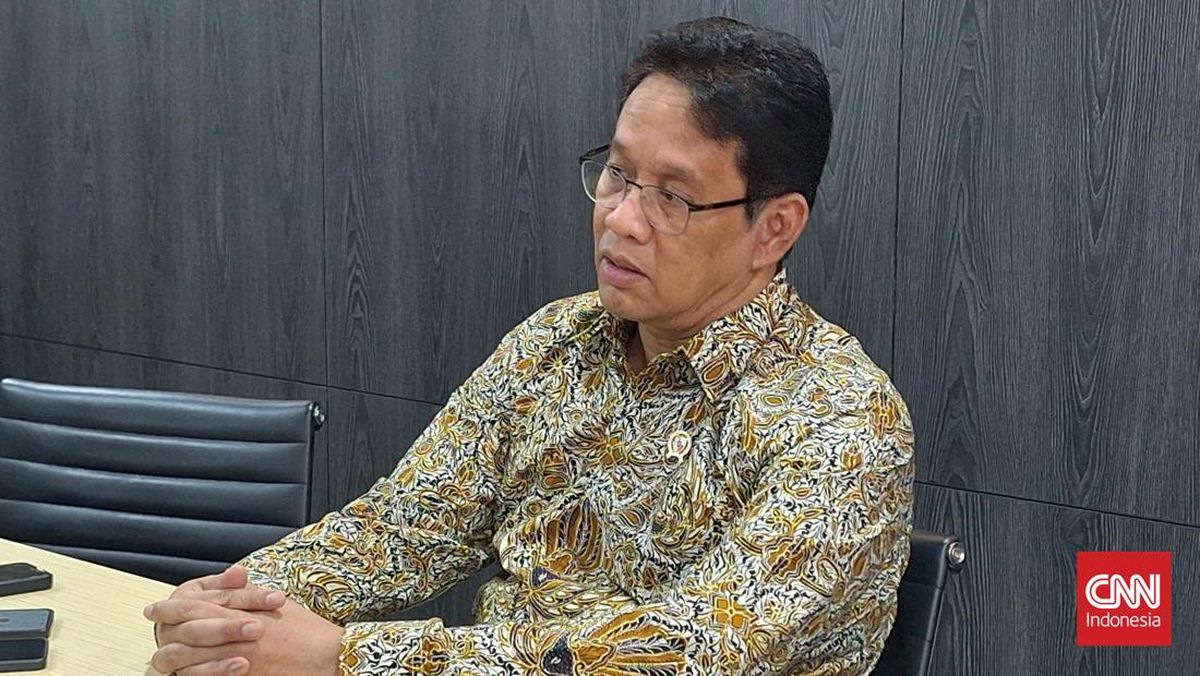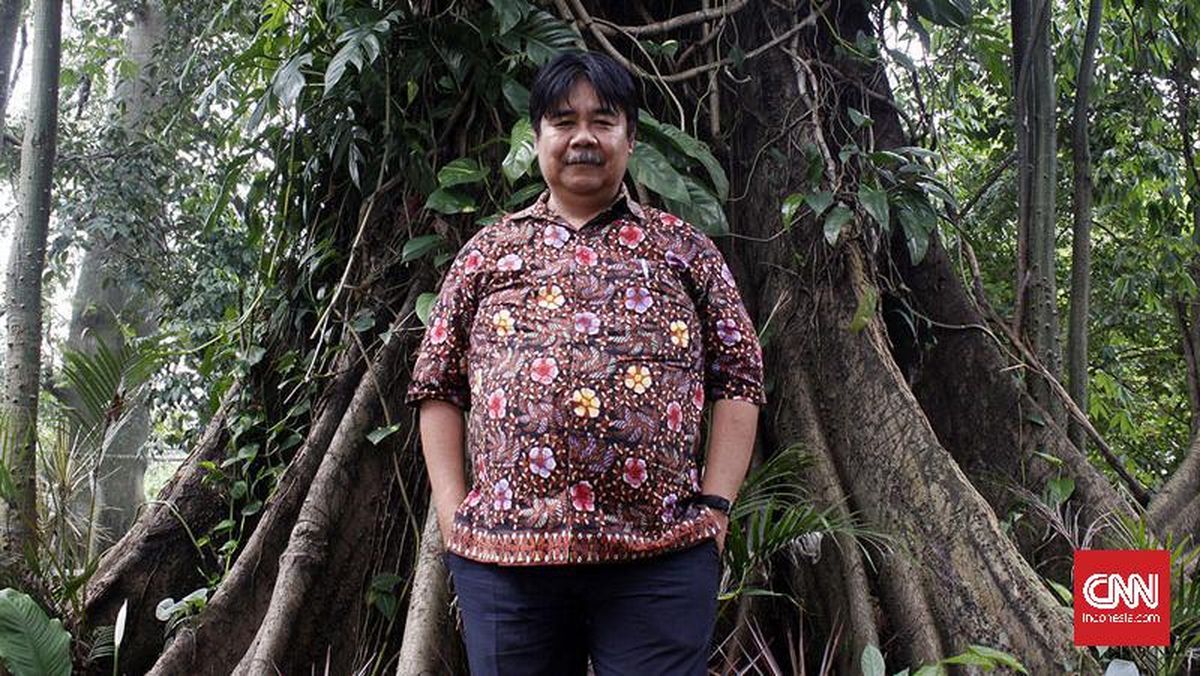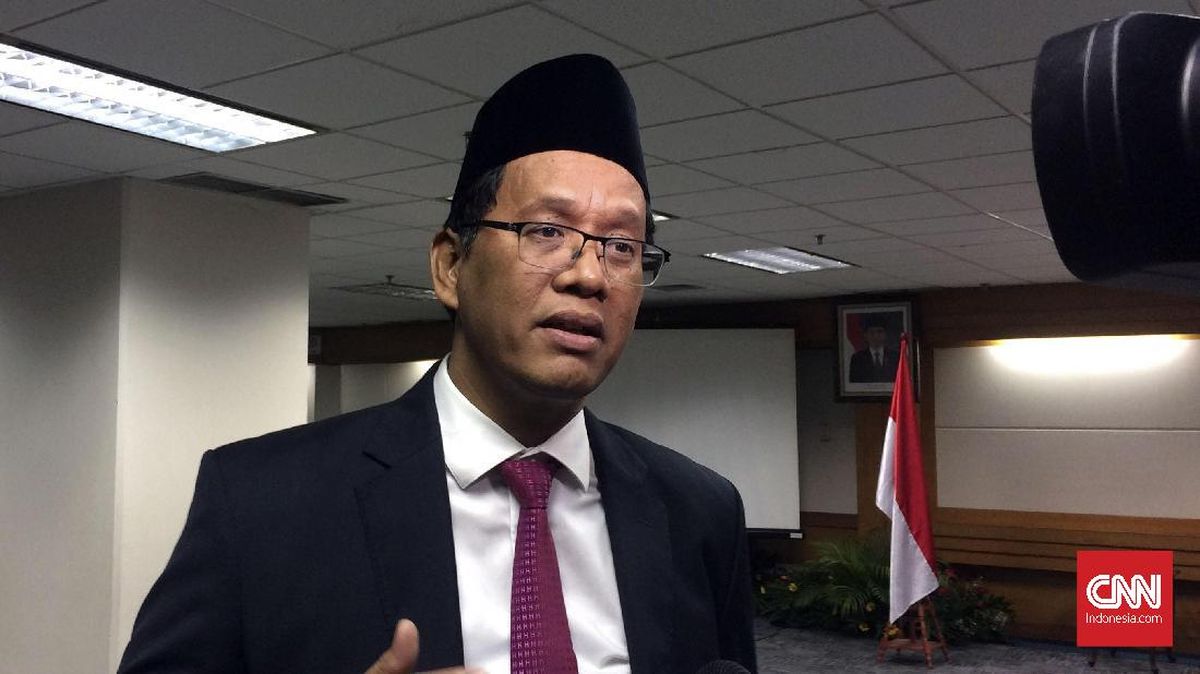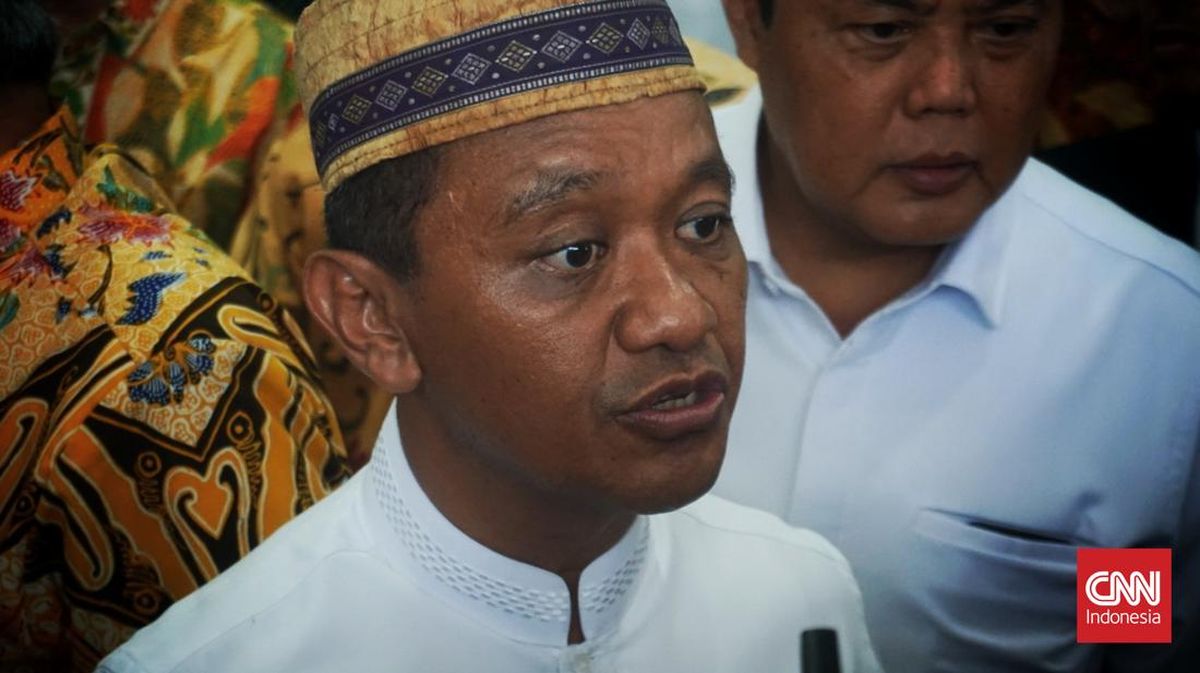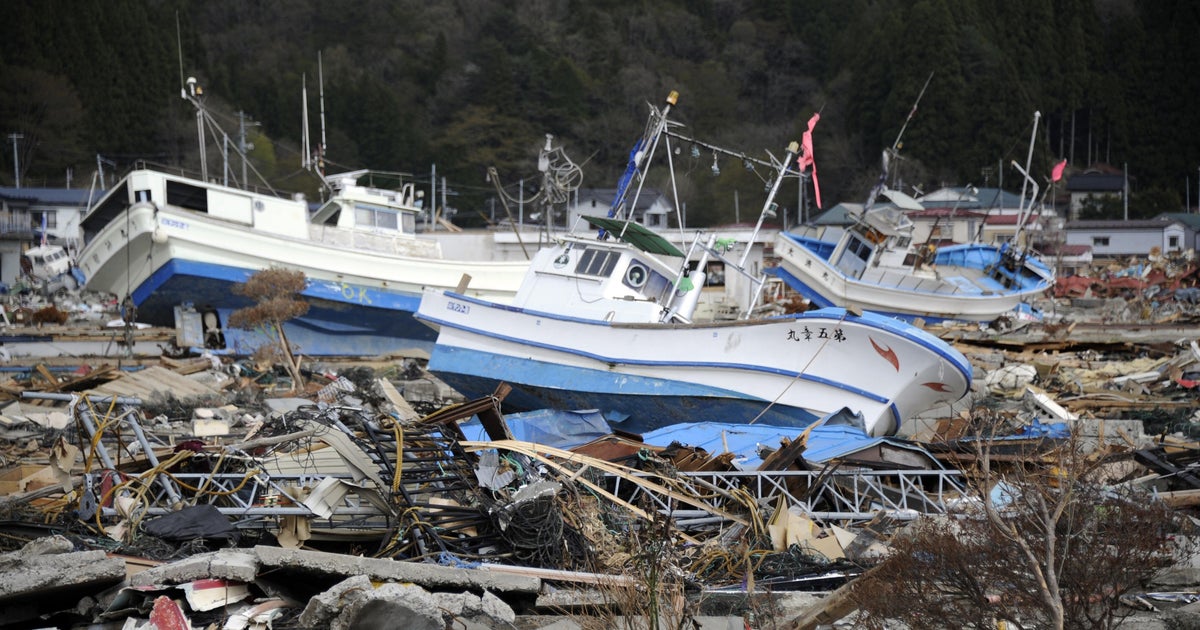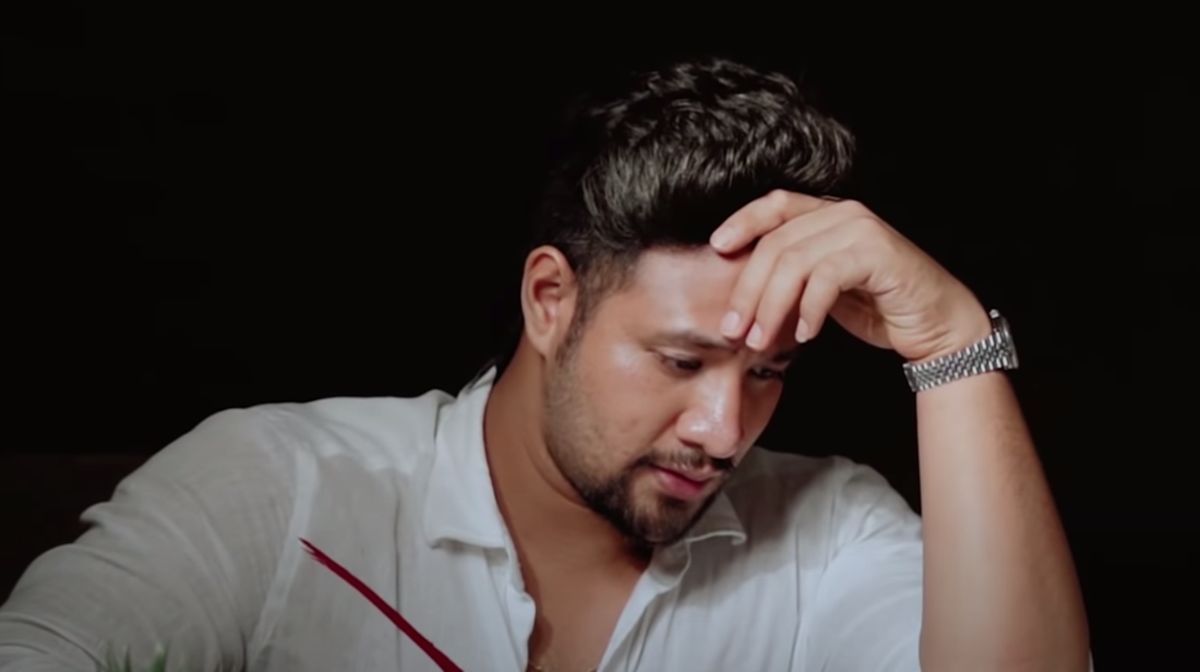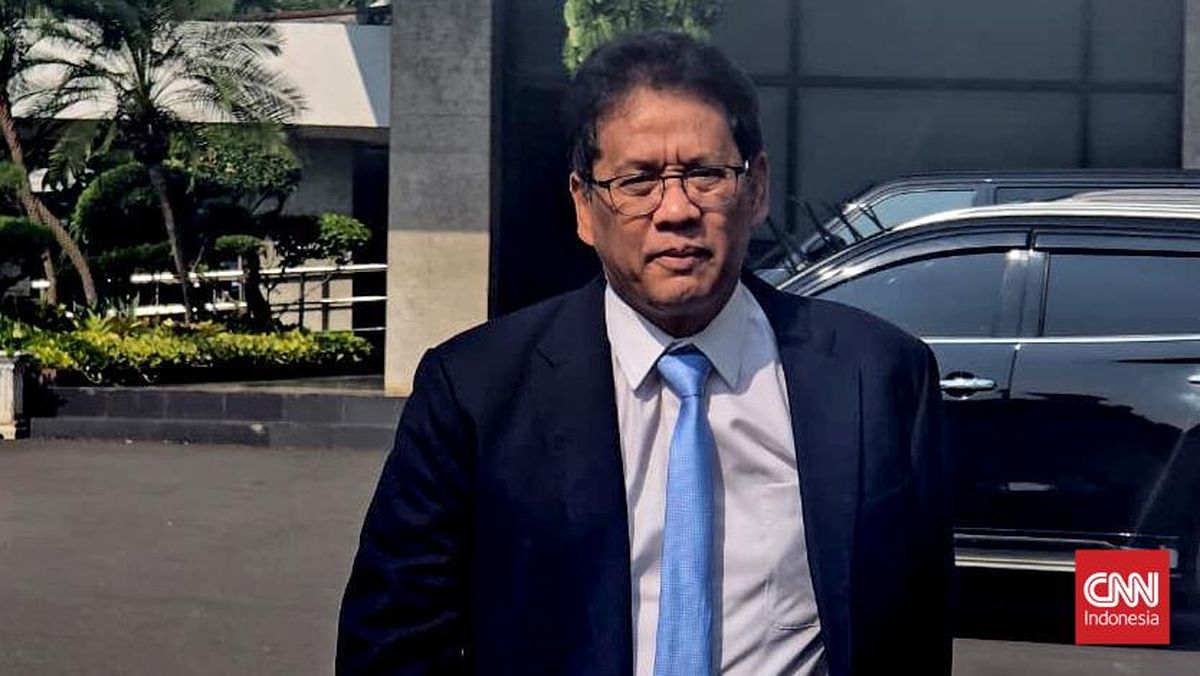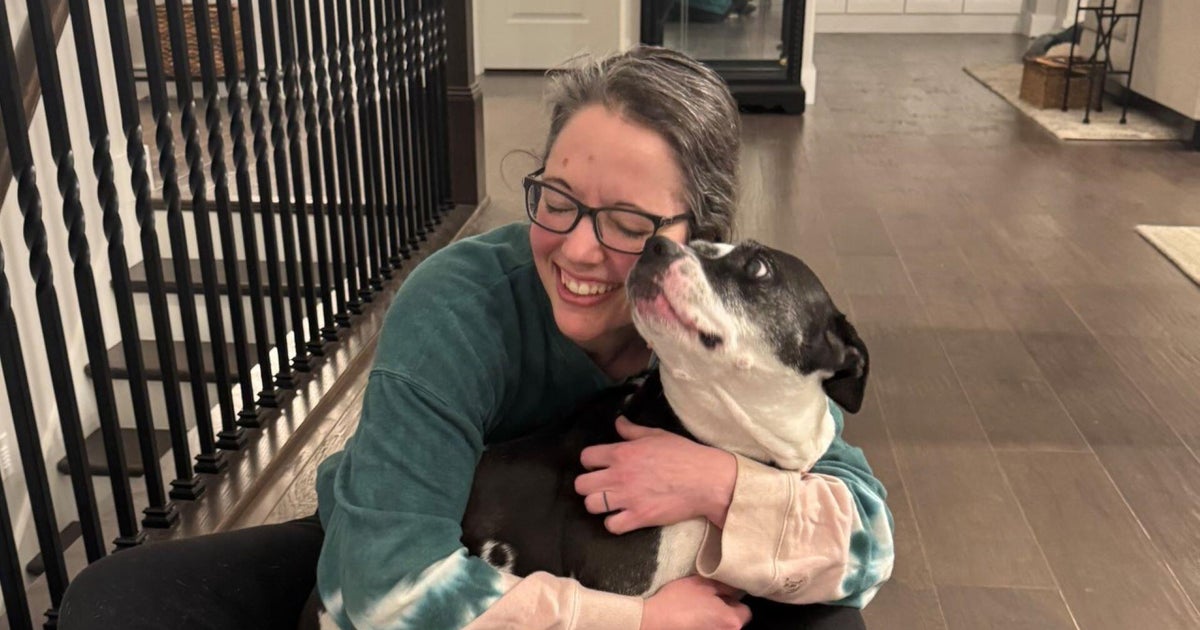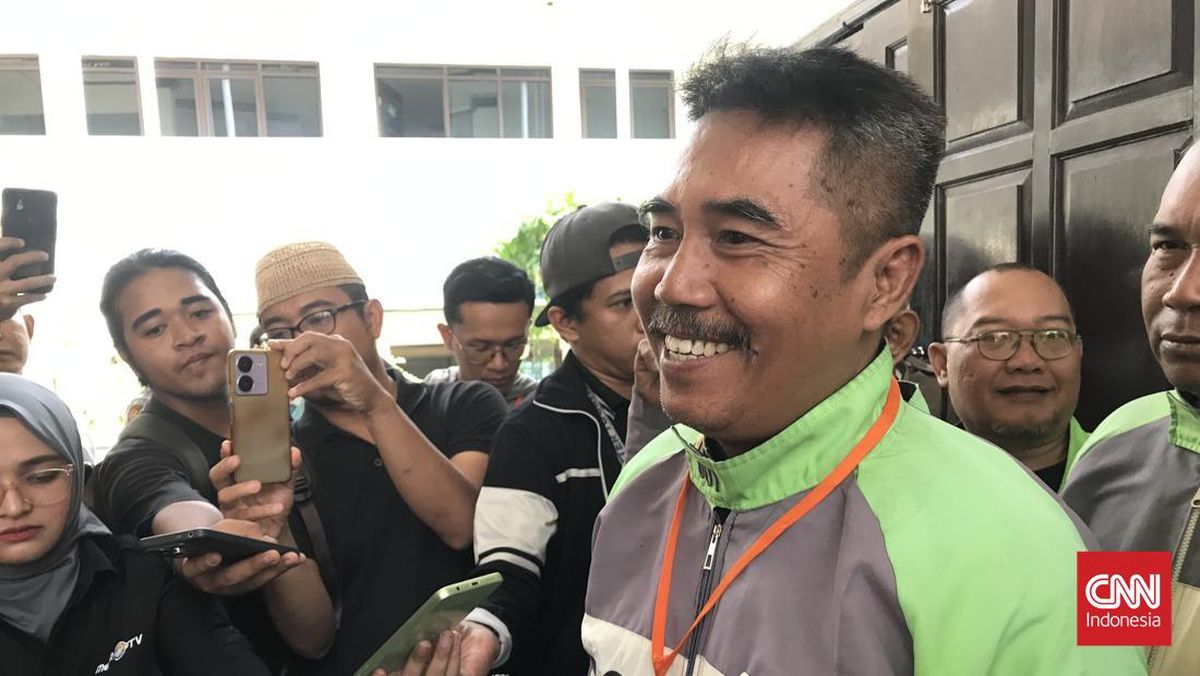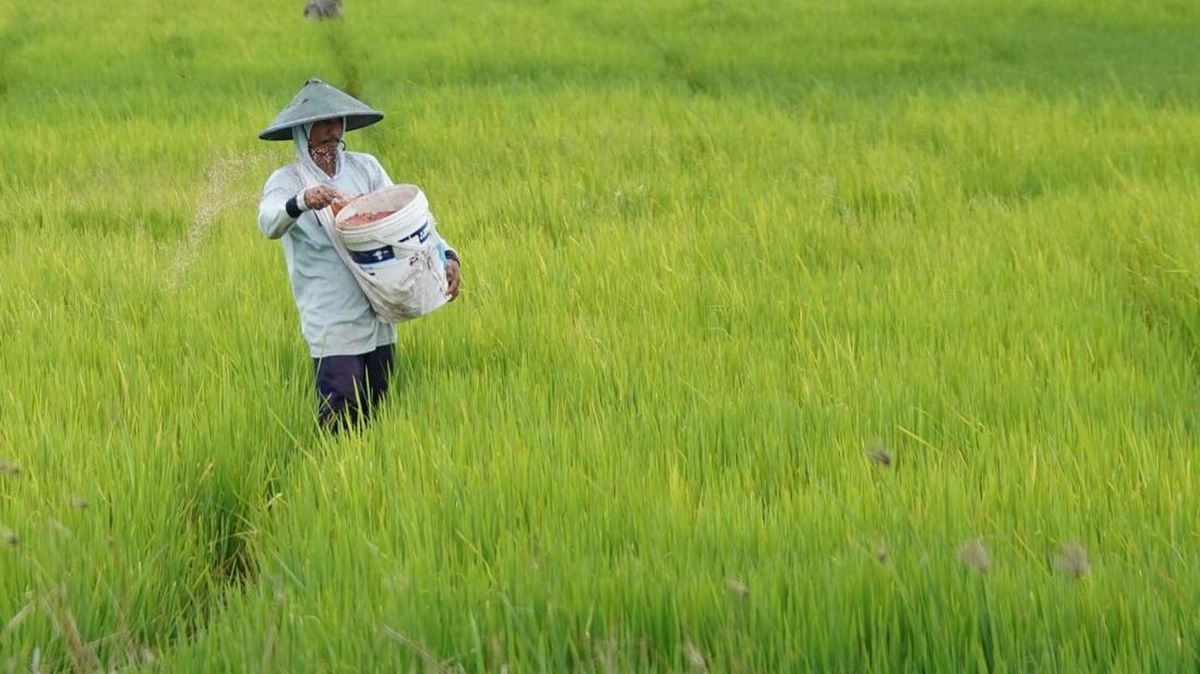The admission is likely to raise questions about the passage of laws following concerns about the extent of antisemitic conduct in NSW. Earlier this year, Premier Chris Minns stared down opposition from within his own party to pass laws giving police the power to block protests near religious institutions following what he described as a “summer of rolling hatred”.
When Minns faced criticism this year for pushing through separate hate speech laws following the Dural caravan hoax, he used a speech in parliament to highlight what he said were 367 antisemitic “attacks” against the Jewish community recorded by Operation Shelter over two years as evidence of the need for the reforms.
The 367 incidents cited by Minns referred to the same database police have now conceded contained significant errors. The Herald does not suggest Minns was aware of those errors when he made the statement to parliament, and the government has repeatedly defended legislative changes to hate speech laws on the basis that antisemitic incidents had increased since the outbreak of war in the Middle East.
Police Minister Yasmin Catley last month said it was “offensive” to downplay the impact of antisemitism on Sydney’s Jewish community after independent MP Mark Latham argued there had been no serious incidents which were not linked to organised crime or foreign influence.
On Friday, a government spokesperson said: “Over the last two years there has been an outbreak of antisemitism. Official records are only the tip of the iceberg with most instances of antisemitism and racism going unreported.”
Descriptions of the 367 cases showed dozens of examples of what police called “mis-characterisation”. It also found in 38 cases an incident had been recorded multiple times.
NSW Police did not specify which cases had been incorrectly recorded as antisemitic, but a breakdown of the 367 incidents showed dozens which appeared either to be pro-Palestinian or anti-Israel protest activity, as well as incidents aimed at Muslim or Palestinian communities.
The entries included a sticker picturing Israeli Prime Minister Benjamin Netanyahu with the words “wanted” and “accusations of genocide” found near the Sydney Cricket Ground in January this year. Other cases included pro-Palestinian graffiti on the offices of Labor MPs, including one that “referenced Gaza and accused the Labor Party of complicity”.
Others included “anti-Israel posters” in Glebe, “pro-Palestinian graffiti” outside a police station and an “anti-IDF” message graffitied on a shop in Auburn.
Other entries were cases in which people appeared to have been targeted for being pro-Palestinian.
In one example in March 2024 a person had a brick thrown through their window after displaying a Palestinian flag. The same month, in a separate incident, police received a report of pro-Palestine activists being “verbally abused” by a man while protesting outside Prime Minister Anthony Albanese’s office.
The man allegedly called the protesters “antisemites” and stomped on a Palestinian banner.
Another complaint involved Dr Peter Slezak, a University of NSW honorary associate professor. Slezak, who is Jewish, is an outspoken advocate for Palestinian rights. In October 2023, he made a report to police after he was approached by a man in Double Bay who allegedly struck him on the shoulder and made “aggressive verbal remarks” as well as “personal insults and political slogans”.

NSW Minister for Police and Counter Terrorism Yasmin Catley (left), former Deputy Commissioner of NSW Police Mal Lanyon (centre) and NSW Premier Chris Minns (right) arrive at a press conference announcing Mal Lanyon as the new NSW Police Commissioner. Credit: KATE GERAGHTY
Slezak told the Herald the man who allegedly assaulted him, who was also Jewish, called him a “self-hating Jew” and a “traitor”.
“I don’t think it counts as antisemitism when it’s a Jew angry with another Jew,” he said.
“For what it’s worth I’ve been going to the Palestine rallies for two years, and I’ve never seen any antisemitism in the Palestine Action Movement. And it’s not like I wouldn’t notice or wouldn’t care.”
Also included in Operation Shelter was a report made by the owners of Newtown restaurant Cairo Takeaway, who in February 2025 “reported feeling intimidated by four unknown individuals, one of whom claimed to be from the Daily Telegraph”.
The Herald has previously reported police were called after the Telegraph organised a man wearing a Star of David cap to attend the popular inner-city eatery in an apparent attempt to goad staff into an argument. The paper’s editor, Ben English, later said the Telegraph “never intended to provoke an incident” but conceded it “could have been handled better”.
The NSW government has faced criticism for providing incorrect data about the extent of antisemitic incidents.
Last month, Police Minister Yasmin Catley told budget estimates she “may have had the figure wrong” when she said there had been “more than 700 antisemitic events and incidents and arrests” in Sydney since the October 7 attacks by Hamas on Israel.
It was later revealed that figure included Islamophobic and “other” incidents, such as protests.
During previously unreported evidence to the antisemitism inquiry – initially held in secret but later published by parliament – police said they maintained separate intelligence databases on “hate incidents” which also collected protest activity.
Asked by Labor MP Stephen Lawrence whether it was a “fine line” between monitoring “legitimate political speech, becoming a sort of special branch” and “actually investigating hate crimes”, Deputy commissioner Dave Hudson replied, “welcome to our world, sir”.


